Jumping up is a common behavior problem among dogs, but there are several solutions to stop a dog from jumping on you when excited. Most of the time, jumping only indicates that your dog is seeking attention. The good news is that you can train your dog to stop jumping on people and start greeting everyone more politely.
Here's how to curb your dog's bunny rabbit-like behavior.
Why Do Dogs Jump Up?
You might inadvertently be rewarding your dog for jumping up on you by giving them what they want; your attention. Even negative attention may be better than no attention to some dogs so if you are yelling or reacting in a dramatic way when your dog jumps, this can still reinforce the behavior. Your dog doesn't necessarily realize that when you push them off or yell at them to get down that you're attempting to discourage them.
In this case, any attention your dog gets from you or others may be perceived as a reward. It makes sense then that if you want to teach your dog not to jump, it will need to be rewarded for keeping all four paws on the ground, instead of jumping up.
How to Stop an Excited Dog From Jumping Up
Training your dog not to jump up on people takes patience and persistence on your part. Be aware that there are actions that you should take and others that you should avoid. Be consistent when you're training your dog, and you'll be rewarded with a best friend who keeps its front paws to itself.
Withhold Attention
The first part of teaching a dog not to jump up involves withholding your attention. There are a couple of ways to do this:
- As soon as your dog jumps up, turn your back. Cross your arms over your chest and don't make a sound. If the dog runs around to jump up again, turn the other way. Wait for the dog to stop jumping before you greet it or give it any attention.
- Another method is to remove yourself altogether. If your dog jumps up when you walk in the door, turn around and walk back outside. If it jumps up when you're inside, walk out of the room. Wait a moment; then step back inside. Repeat this until your dog calms down.
Reward Good Behavior
When you're working on preventing unwanted jumping, it can really help to keep some treats close at hand. As soon as your dog is standing in front of you with all four paws on the ground, toss it a treat. Praise your dog as well, but keep things low-key. Too much excitement or high-pitched squeals from you may stimulate another round of jumping. Try to project a calm, quiet, presence.
Practice Makes Perfect
It helps if you can set up situations to practice with your dog. For instance, if the jumping occurs most often when you come home after work, spend a few minutes several times a day coming and going. Don't make a big fuss over your dog and step back outside if it jumps up. Offer a reward anytime all four feet are simultaneously on the floor.
Add a Sit Command
Once your dog is able to keep four paws on the floor for a few seconds or more, start asking it to sit. Walk into a room or through the front door and give the command "sit." As soon as the dog sits, offer a treat. Practice this over several training sessions. With plenty of repetitions, your dog will start sitting as soon as you walk through the door or enter the room.
Practice With Other People
It's not enough that you practice with your dog. You should also involve friends and family in this training. Otherwise, your dog may learn that it's not OK to jump up on you but everyone else is fair game. Having other people help with this training teaches your dog to keep all four paws down no matter who comes into the room.
What Not to Do
You may have heard about methods of training a dog not to jump that call for physical punishment or aversive. One such method is a knee to the dog's chest. Another is using leash correction—pulling or yanking on the leash—to get the dog off you. There are several problems with these methods:
- If you knee or leash correct your dog too harshly or improperly, you can seriously injure the dog.
- When you use a knee to the chest, you may knock your dog down, but the dog may interpret this as your way of initiating play. Your dog's response may be to jump up again to continue the game because you've actually reinforced the behavior you're trying to stop.
- Your dog may learn not to jump up only when it's on a leash. Since most dogs aren't leashed 24/7, chances are your dog will have plenty of opportunities to get away with jumping up when it's off its leash.
- Techniques that involve painful or scary stimuli induce fear in dogs and erode the trust between dogs and their humans. This can affect your dogs' behavior in many other ways and lead to more serious problems including aggression and phobias.
- What smell calms dogs down?
Lavender is an essential oil commonly used for aromatherapy and is known to be soothing to the central nervous system and calming when inhaled by humans and animals alike!
How do you discipline a dog that jumps on you?Disciplining using painful or scary stimuli will not be as effective as rewarding good behavior. Always prioritize positive reinforcement with your dog.
If you suspect your pet is sick, call your vet immediately. For health-related questions, always consult your veterinarian, as they have examined your pet, know the pet's health history, and can make the best recommendations for your pet.Related Article
 dog-tricks
dog-tricksWhy Almost Any Dog Can Do Agility Training
What’s the first thing that comes to mind when you picture a dog doing agility training? A tall b
 dog-behavior-problems
dog-behavior-problemsHow to Stop Your Dog From Humping
Humping is a common behavior in dogs, but it can be embarrassing at times. It's particularly cringe
 dog-behavior-problems
dog-behavior-problemsHow to Stop Sudden Aggression in a Dog
Sudden aggression in your dog can be a scary situation for any pet parent. If your adult dog has be
 what-can-dogs-eat
what-can-dogs-eatCan Dogs Eat Pineapple?
Nothing is quite as refreshing on a hot summer day as fresh pineapple. Being rich in vitamins and a
 what-can-dogs-eat
what-can-dogs-eatCan Dogs Eat Cheese?
Many dog trainers tout the power of special food rewards when training our four-legged friends usin
 what-can-dogs-eat
what-can-dogs-eatCan Dogs Eat Pork?
Pork, bacon, and other pork products are popular human foods that dogs crave. Unfortunately, pork i
 what-can-dogs-eat
what-can-dogs-eatKeeshond: Dog Breed Characteristics & Care
Referred to as the Dutch Barge Dog, the keeshond is a medium breed from the Netherlands with pointe
 what-can-dogs-eat
what-can-dogs-eatCan Dogs Eat Zucchini? Everything to Know About This Hardy Summer Squash
Can dogs eat zucchini? Yes! Zucchini is a safe and nutritious snack option they can eat in moderati
About Ask a Paw
We are a premier digital platform committed to delivering high-quality content to our readers. Our mission is to provide accurate, reliable, and engaging information that adds value to our audience's daily lives.
Our team consists of experienced content creators and subject matter experts who uphold the highest standards of professionalism. In an era of information overload, we curate content with care, ensuring our users receive only the most relevant and trustworthy information.
Beyond just reporting facts, we focus on depth and context. Through expert analysis, comprehensive research, and clear presentation, we help our audience gain meaningful insights and make informed decisions.
We take pride in being a trusted information source for our growing community of readers. Our user-first approach means we continuously adapt to provide content that meets our audience's evolving needs and interests.
Innovation and excellence drive everything we do. We're committed to improving our platform and services to deliver the best possible experience for our users.

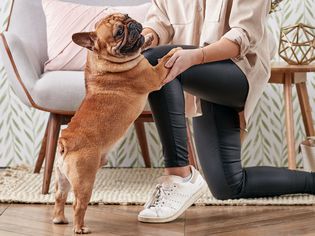
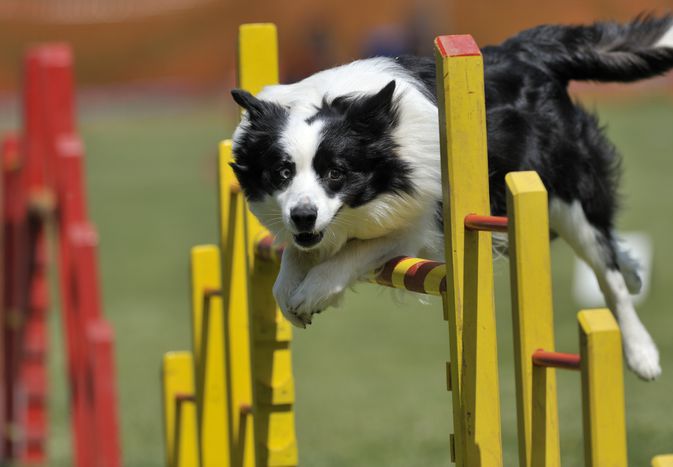
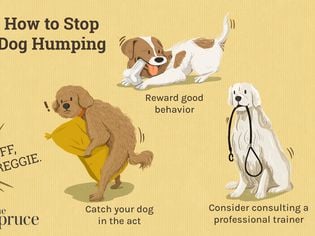
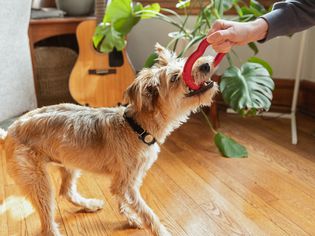
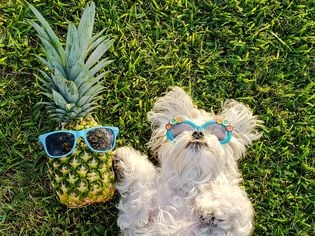

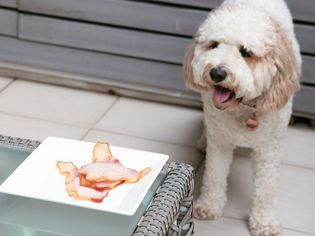
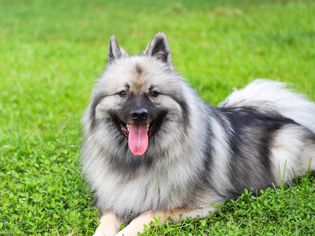
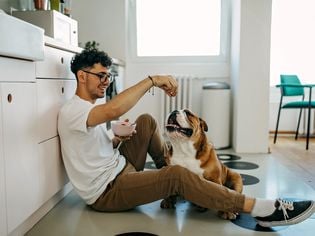
Comments on " Hereâs How to Stop Your Dog from Jumping on You When Excited" :